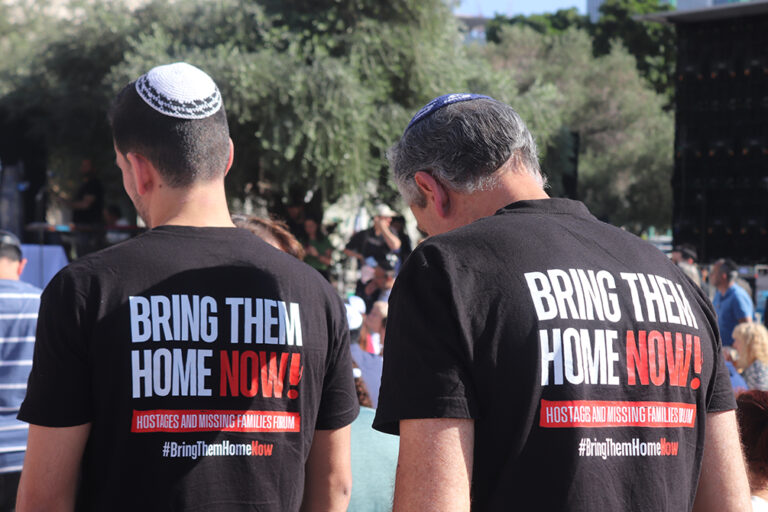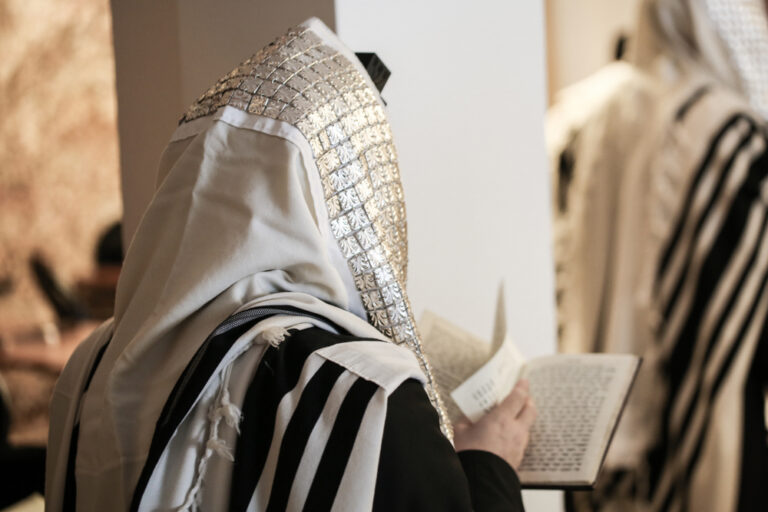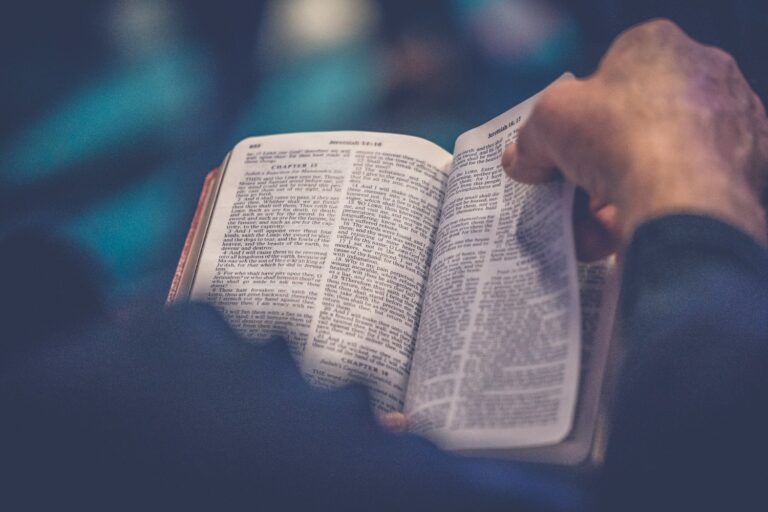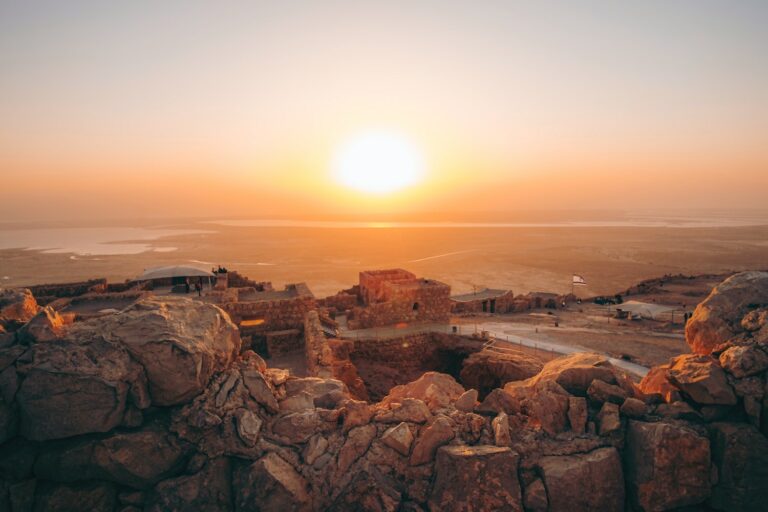
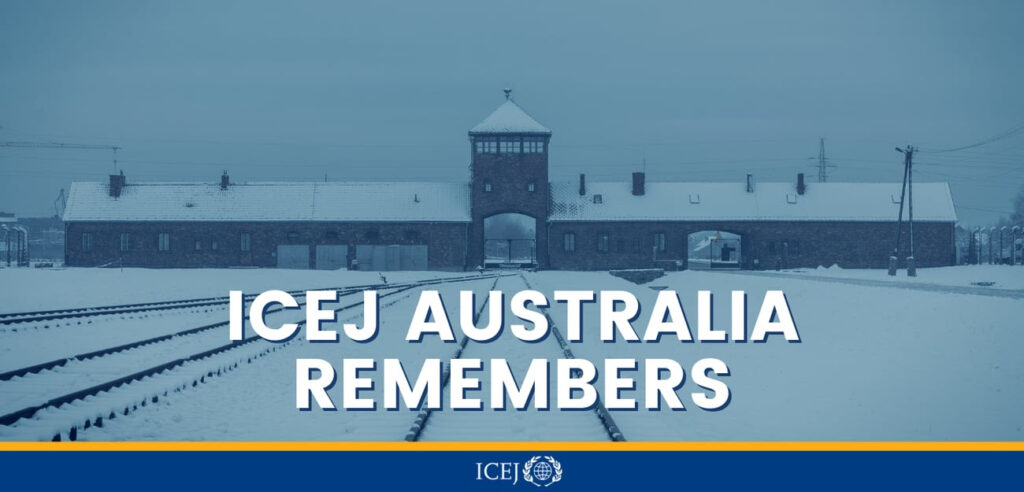
The United Nations designated 27 January (the liberation of Auschwitz) as the International Holocaust Remembrance Day in 2005, as an international day of commemoration of the victims of the Holocaust.
On January 27, 1945, the Red Army liberated the concentration and death camp of Auschwitz. The war was to continue for over three months more. Some ten days prior to the liberation of Auschwitz, 58,000 inmates were marched away because the Nazis did not want them to fall alive into the hands of the liberators; instead, they had to go on what has become known as the Death Marches. Over half of them would die as a result. They left behind the ashes and bones of over a million human beings, more than 900.000 of them Jews, most of whom died by gassing, and some 7000 sick and dying inmates, including Jewish and Roma children on whom the German doctors had performed murderous medical experiments.
The Holocaust or ‘Shoah’ in Hebrew, meaning desolation or destruction, affected all of Europe’s Jewish population, which in 1933 numbered 9 million people. It did not come out of nowhere but from growing and blatant antisemitism while most of the world kept silence.
David Parsons, senior spokesperson for ICEJ writes, ‘One of the sad outcomes of history is that antisemitism has not just survived in the post-Holocaust era, it has thrived. One would have thought that when the depravities of the Nazi genocide against the Jews of Europe were exposed after World War II, such vile hatred would have disappeared. Alas, it has come back in waves and without any shame’.
You can read about ICEJ’s care for Holocaust survivors here:
Psalm 102:28, “The children of Your servants will continue, And their descendants will be established before You.”
Shabbat Shalom!
Sarah Way
ICEJ Australia National Director

